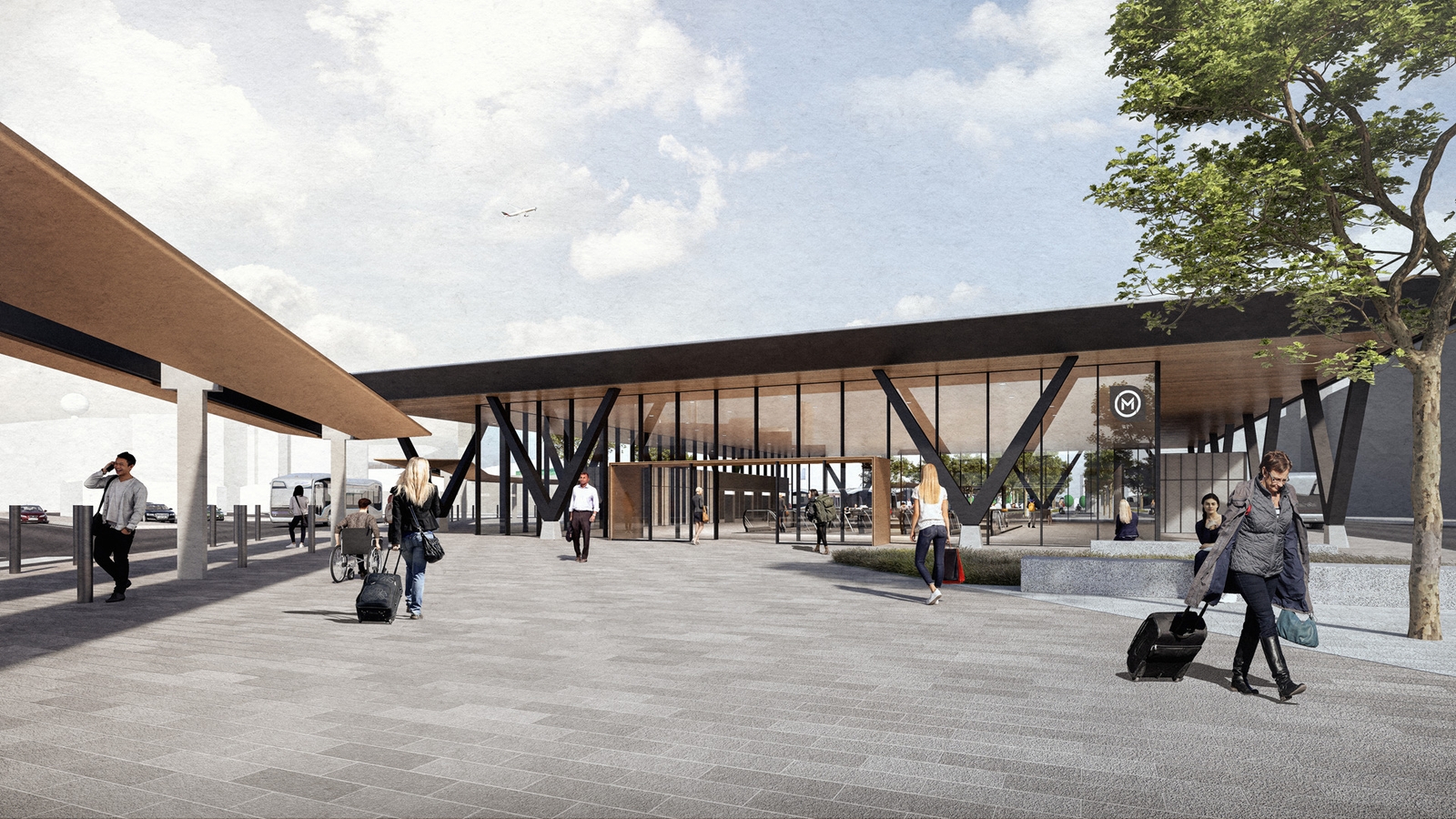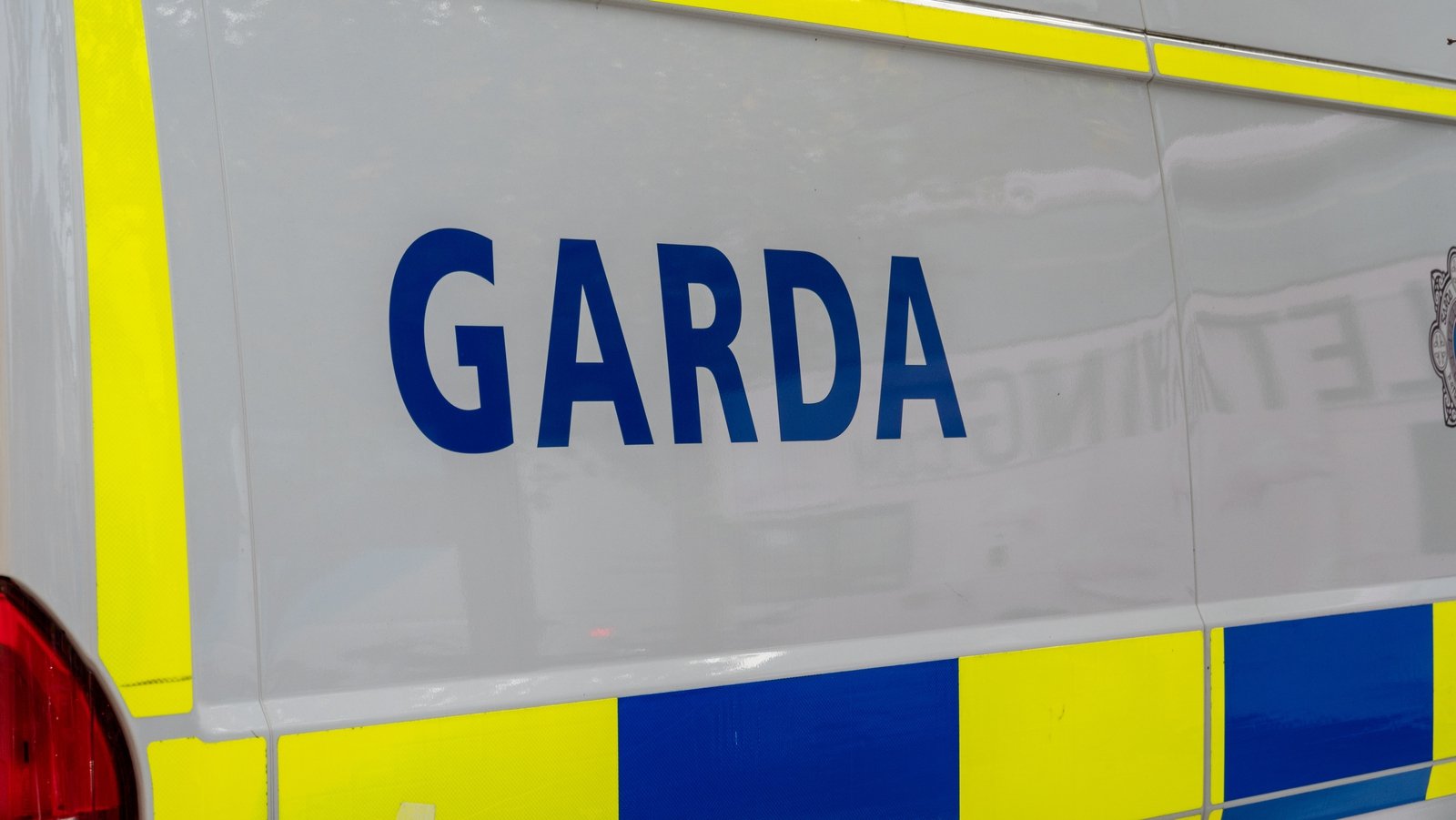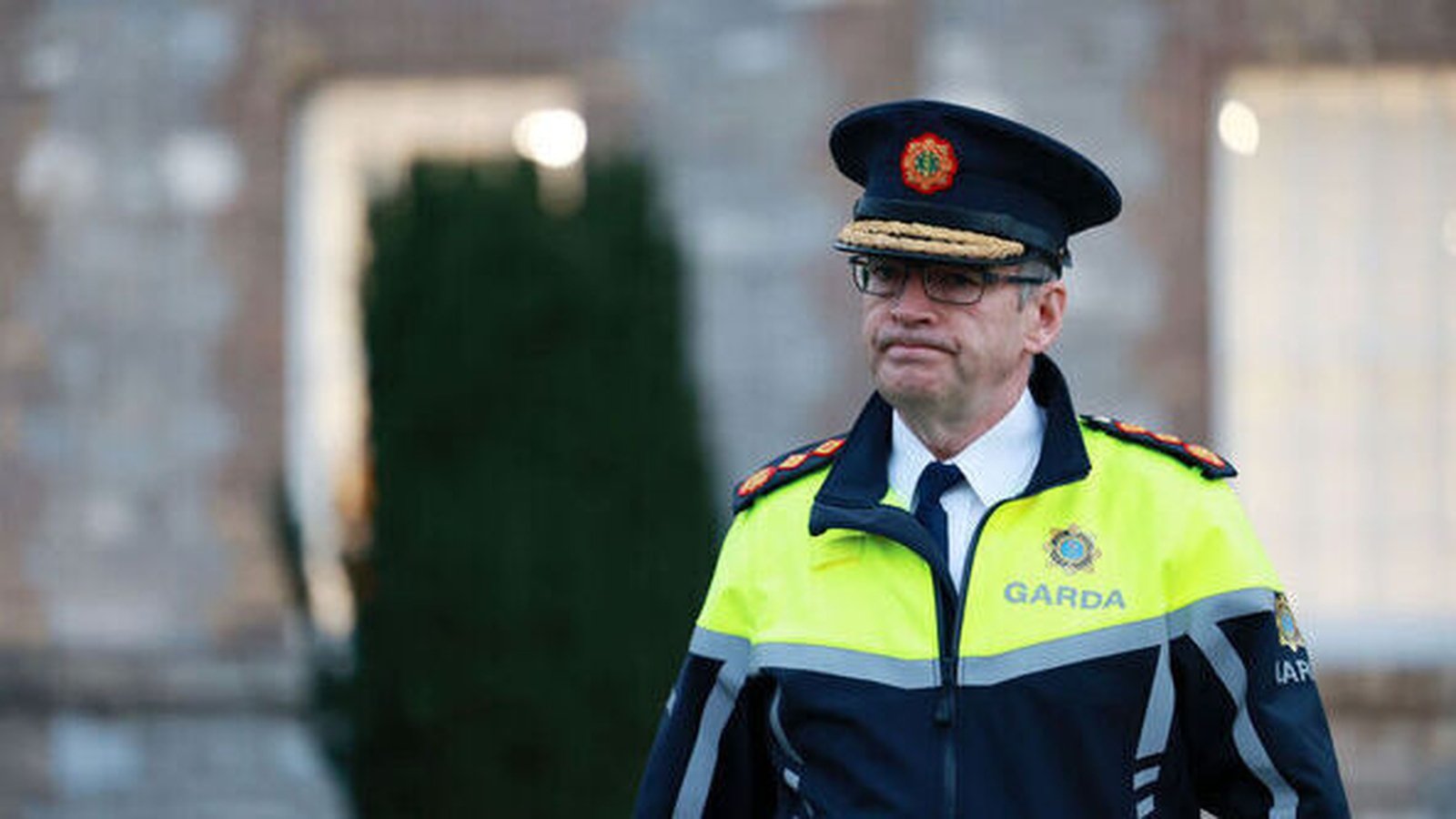A view from England’s ‘red wall’
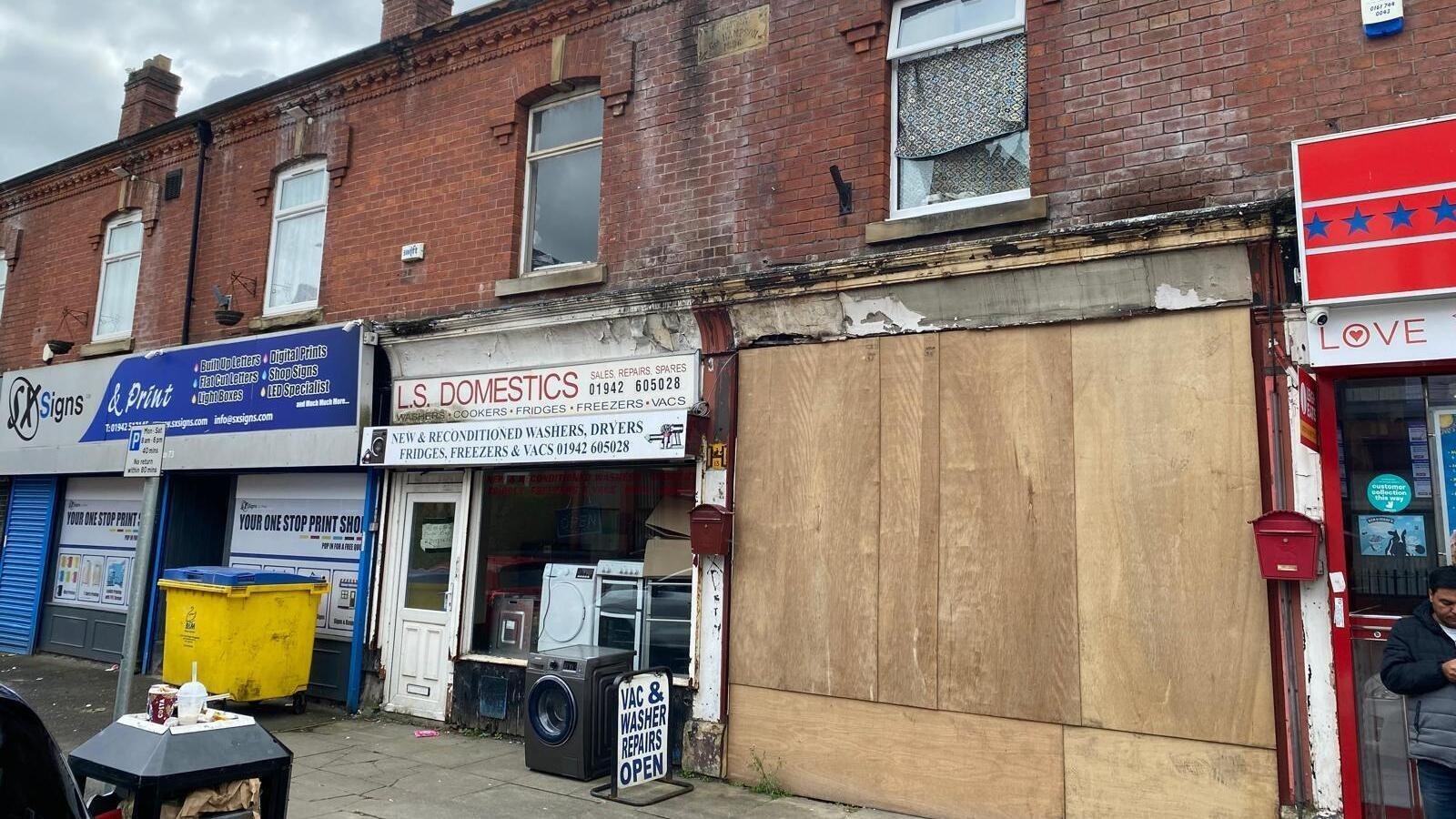
“A cataclysmic change in traditional Labour thinking” – that’s how 80-year-old Trevor Barton described the political evolution that took place in Leigh in the northwest of England in recent years.
“This was a Labour stronghold, but Brexit changed how we vote.”
Is it about to change again?
For generations, Leigh and other post-industrial towns across the north of England were the bedrock of Labour support. More recently dubbed the ‘red wall,’ these seats were considered a sure bet for Labour, resilient to attack.
But that all changed at the last UK general election in December 2019, when Leigh and dozens of other ‘red wall’ constituencies fell to the Conservatives across the north of England, in what was a seismic moment in British politics.
It was so unexpected that the Conservative MP who won the seat in Leigh – James Grundy – hadn’t even prepared a speech for the count centre. He became the constituency’s first non-Labour MP in almost a century.
During his own victory speech that night in 2019, then prime minister Boris Johnson directly addressed those new Conservative voters in the ‘red wall’, promising to work “night and day to prove you right for voting for me this time, and to earn your support in the future”.
Now, five years on, much has changed in British politics. Boris Johnson is no longer in office, and the current Prime Minister Rishi Sunak is facing the battle of his life to stay in power. Polls suggest that, after 14 years in government, the Conservatives are on course to comprehensively lose the election to Labour.
In Leigh, there is a mood for change once again.
“I think Labour is going to win the seat back for Leigh,” said Lisa, a supply teacher from the area. “People aren’t very happy with the way the Conservatives have looked after the area.”
This is a view shared by her friend Pamela. “We’ve been forgotten. We’ve just been put to one side,” she said.
That feeling of being left behind is echoed by many other voters in Leigh.
“Leigh’s not getting the funding or anything that it needs. Shops are shutting, market stalls are closing down,” said 35-year-old prison officer, Conrad.
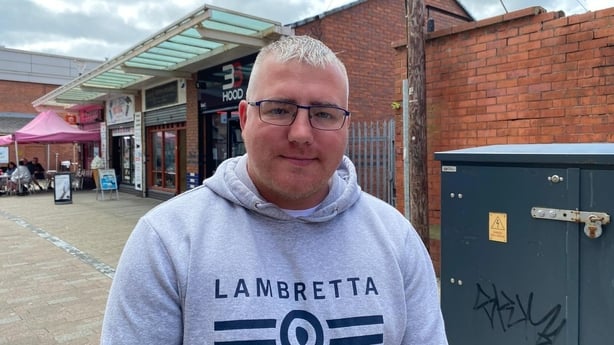
He supported Boris Johnson in the last election, but says he’ll now be voting labour because “change is needed”.
However, not all voters who made the switch from Labour to the Tories in the last election plan to make the move back.
Trevor Barton is one of them. The former police chief superintendent and community leader said he originally left the Labour party after becoming disillusioned with its stance on Brexit, plus the approach of former leader Jeremy Corbyn.

Today, he’s still not convinced by Keir Starmer’s message of change.
“I’m committed to centre politics and I just wonder whether, at the moment, this sort of apparent shift to the centre by the Labour fateful is just being done for the benefits of power.”
For other voters in Leigh, Nigel Farage’s Reform Party offers the best option of change.
“I’ve not voted for the last few times”, one market staff owner said, “but this time I will. I’m voting Reform. I’m not voting Labour, not voting Conservative, I don’t want the same”.
There is a despondency too, when it comes to the attitude of some Leigh residents to the UK General Election. Some say they do not plan to vote because politicians are all the same.
One woman on the high street gestured to boarded-up shops as she said, “this is what we get from politicians”.
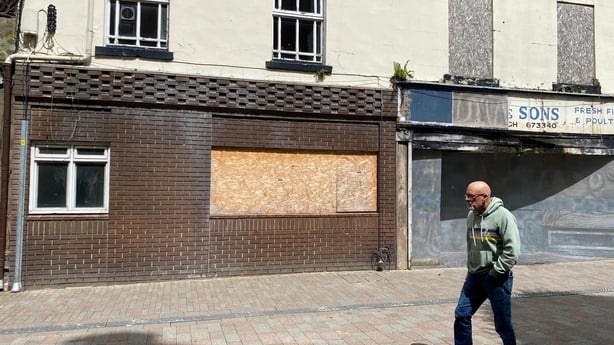
A lack of investment in the town is something that comes up time and time again from residents in Leigh. There are empty, dilapidated shop units dotted along the high street, and there is a feeling that Leigh, once a thriving weaving town, has seen better days.
When it comes to ‘red wall’ areas, this is not a unique story.
According to Robert Ford, Professor of Political Science at Manchester University, the economic disparities between the north and south of England “are some of the largest anywhere in Europe, up there with the disparities between West Germany and the former East Germany. There are big differences in income, in employment, in life outcomes”.
There had been some efforts to address inequality by Boris Johnson and his successors, through a policy known as “Levelling-Up”.
But according to Prof Ford, Mr Johnson “promised a bazooka and delivered a pea shooter”.
“There was very little money actually delivered to these areas. Nowhere near enough to address the long-standing inequalities and disadvantages, not even enough to offset the effect of 10 years of austerity.”
He added: “It perhaps comes as no surprise that the voters in these places who backed an agenda of ‘we-will-deliver-for-your town’, are now hopping mad that that absolutely hasn’t happened in the past five years.”
According to the charity, End Child Poverty, one in three children in Leigh and nearby Wigan grow up in poverty, while 25% of residents have reported going into debt in order to pay for groceries.
Beverly, a volunteer at the local Trussell Truss food bank service said they’ve seen a rise in the number of people needing support in recent years.
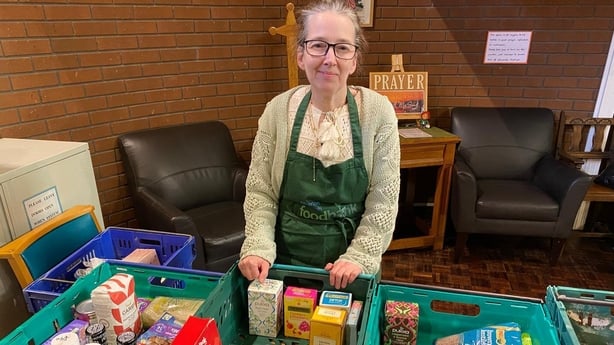
“It is really difficult – they don’t want to be in that situation. It’s not just the food, it’s clothing, school uniforms, fuel. It’s all going up.”
“I think we all want change, but what change will come – for better or for worse? As a food bank, we don’t want to be here, we want people to be able to survive and not be struggling every month.”


